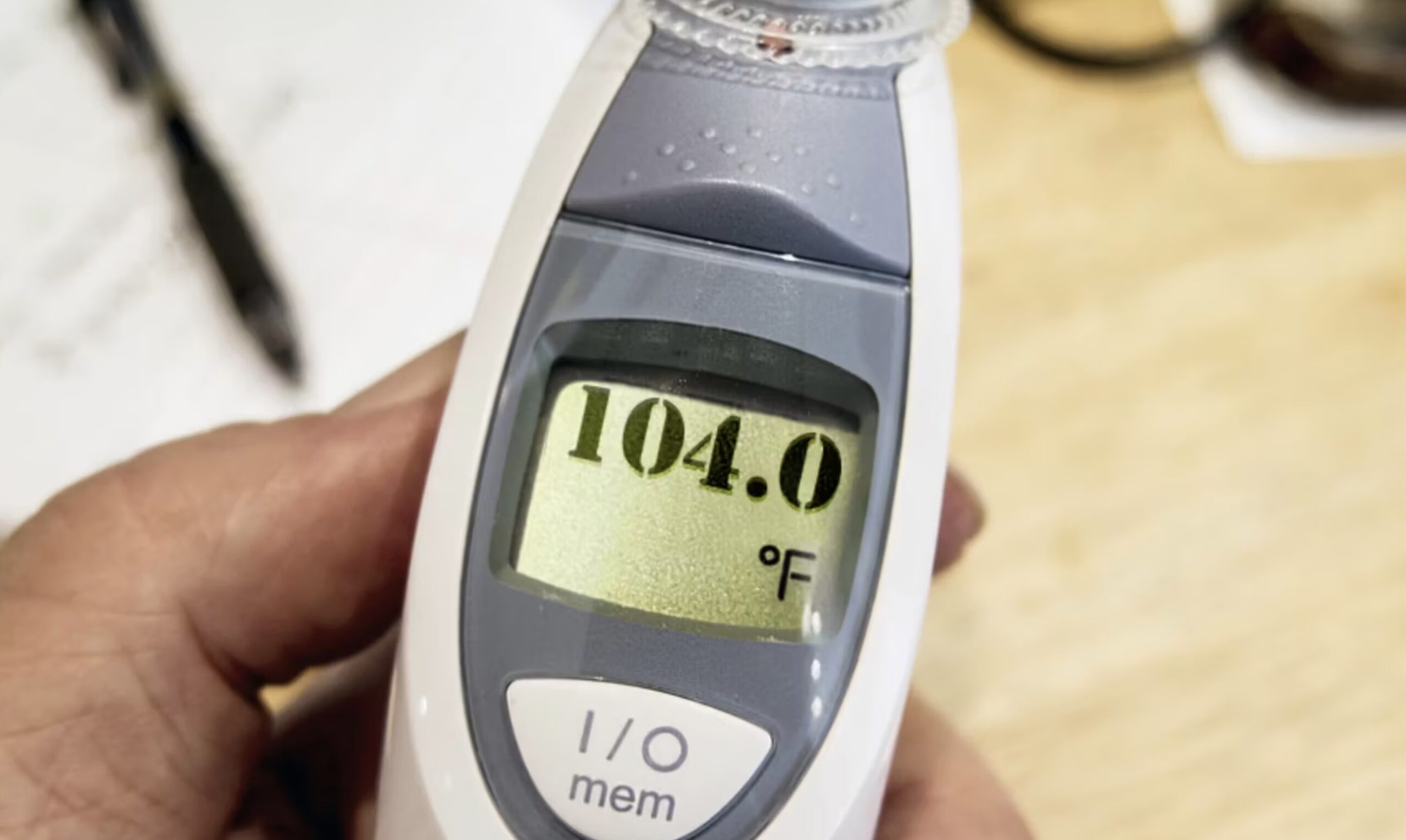Measles: Symptoms, Causes, Treatment
What are the symptoms of measles?
Measles, also known as rubeola, is a highly contagious viral infection that primarily affects the respiratory system. The symptoms of measles typically appear around 10 to 14 days after exposure to the virus and can include:
- Fever: Measles often begins with a high fever, which can reach 104°F (40°C) or higher.
- Cough: A persistent cough is common in people with measles and may be accompanied by a runny nose.
- Runny Nose: Measles can cause a runny or congested nose, similar to a cold.
- Sore Throat: A sore throat is another common symptom of measles.
- Red Eyes (Conjunctivitis): Measles can cause red, watery eyes, also known as conjunctivitis or “pink eye.”
- Koplik Spots: These are small white spots that may appear inside the mouth on the inner lining of the cheek. They often precede the rash and are a characteristic sign of measles.
- Rash: A red, blotchy rash typically appears a few days after the onset of other symptoms. The rash usually begins on the face and spreads down the body, covering the trunk, arms, and legs. The rash may be accompanied by itching.
- Malaise: Measles can cause a general feeling of being unwell, with fatigue and body aches.
- Decreased Appetite: Many people with measles experience a loss of appetite.
The symptoms of measles usually last about 7 to 10 days. Complications of measles can be serious and may include pneumonia, ear infections, encephalitis (swelling of the brain), and in rare cases, death. It’s important to seek medical attention if you suspect you or your child has measles, especially if you notice any complications or if the symptoms are severe.
What are the causes of measles?
Measles is caused by the measles virus, which is a highly contagious virus that is spread through respiratory droplets. The virus can live in the air and on surfaces for up to two hours, making it easy to spread from person to person. The virus enters the body through the nose or mouth and then spreads throughout the body, leading to the characteristic symptoms of measles.
The measles virus primarily infects the respiratory tract and then spreads to other parts of the body, including the skin, where the characteristic rash develops. The virus can be spread through:
- Coughing and Sneezing: Infected individuals can spread the virus through respiratory droplets when they cough or sneeze.
- Close Contact: The virus can also be spread by close contact with an infected person, such as touching or shaking hands.
- Contaminated Surfaces: The virus can survive on surfaces and be spread when a person touches a contaminated surface and then touches their nose or mouth.
People who are infected with the measles virus are contagious from about four days before the rash appears to four days after the rash appears. This means that someone with measles can spread the virus to others before they even know they are sick.
Measles is highly contagious, and vaccination is the most effective way to prevent infection. The measles vaccine is safe and highly effective, and vaccination programs have led to a significant reduction in the number of measles cases worldwide. However, outbreaks can still occur in areas with low vaccination rates.
What is the treatment for measles?
There is no specific antiviral treatment for measles, so treatment focuses on managing symptoms and complications. Most people with measles recover on their own with rest and supportive care. Treatment for measles may include:
- Rest: Getting plenty of rest can help the body fight off the infection and recover more quickly.
- Fluids: Drinking plenty of fluids, such as water, juice, or broth, can help prevent dehydration, especially if there is fever or vomiting.
- Fever Reducers: Over-the-counter medications such as acetaminophen or ibuprofen can help reduce fever and relieve discomfort. Aspirin should not be given to children with a viral illness due to the risk of Reye’s syndrome.
- Humidifier: Using a humidifier or taking a steamy shower can help relieve cough and congestion.
- Vitamin A: Some studies suggest that vitamin A supplements may help reduce the severity of measles and the risk of complications, especially in children with vitamin A deficiency.
- Antibiotics: Antibiotics are not effective against the measles virus, but they may be prescribed if a bacterial infection, such as pneumonia or an ear infection, develops as a complication of measles.
- Isolation: People with measles should be isolated to prevent the spread of the virus to others, especially to those who are unvaccinated or at high risk of complications.
It’s important to consult with a healthcare provider if you suspect you or your child has measles, especially if there are complications or if symptoms are severe. In some cases, hospitalization may be necessary, particularly if there are complications such as pneumonia or encephalitis. Vaccination is the best way to prevent measles and its complications.




